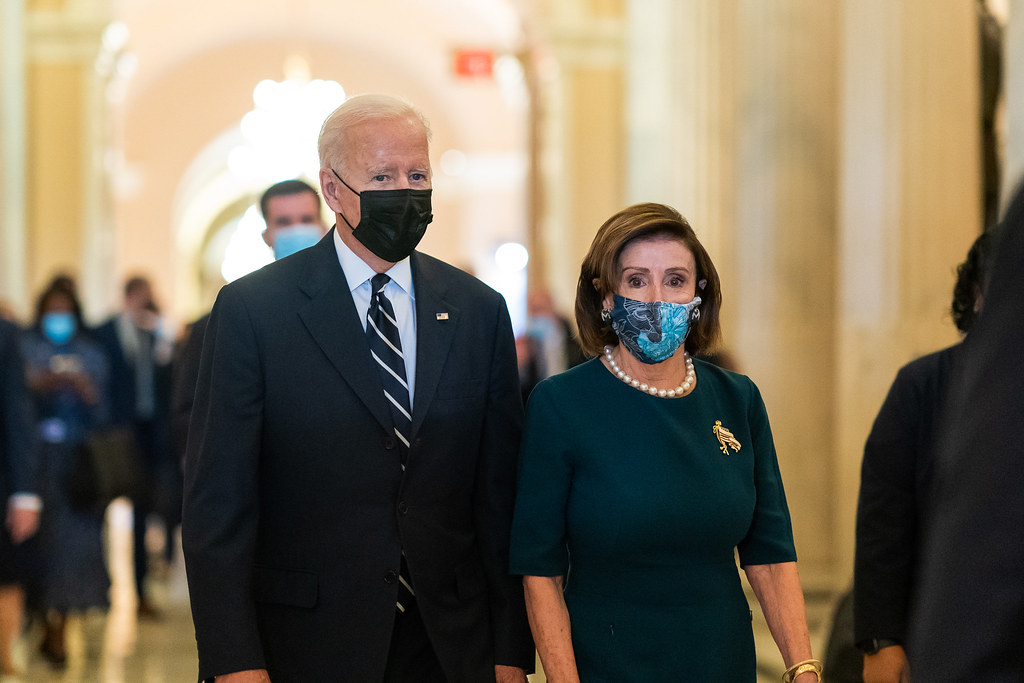 Parler
Parler Gab
Gab
CCP maintains One China principle
The CCP still maintains its so-called One China principle, which states that Taiwan is a province that needs to be reunited with the mainland. The Chinese are not ruling out the use of force to achieve their goal. However, Taiwan has been self-governing since 1949, has never been controlled by the CCP and has maintained a democratic government and thriving market economy. The U.S. relations with Taiwan and China have been governed by a series of treaties and diplomatic ties stretching back to the 1970s. The U.S. adheres to the One China policy and provides an acknowledgment of it. Meanwhile, the U.S. policy mandates extensive unofficial ties with Taiwan, with the Taiwan Relations Act of 1979 mandating that the U.S. will provide arms in case Taiwan needs them for self-defense. (Related: Trump: China will DEFINITELY attack Taiwan following Russia-Ukraine example.) Put simply, the heart of the ongoing tensions between the CCP and the U.S. is their long-standing agreement that neither side will attempt to unilaterally change this status quo through force or coercion. For the CCP, however, Pelosi's visit is an attempt to change this status quo. U.S. officials have said the same with regard to China's increased military and economic aggression in the region. The White House has also accused the CCP of manufacturing crisis to justify its military expansion around Taiwan. "Beijing’s provocative actions are a significant escalation in its long-standing attempt to change the status quo. We're not going to accept a new status quo. And it's not just the United States, but the world as well.” Pelosi, who is in Japan for the last stop of her Asian tour, said China will not be allowed to succeed in its efforts to isolate Taiwan. "They may try to keep Taiwan from visiting or participating in other places, but they will not isolate Taiwan by preventing us to travel there," she said. Visit WWIII.news for more updates about China cutting military communication ties with the United States. Watch the video below for more information about how Pelosi's visit to Taiwan affected U.S.-China relations. This video is from the InfoWars channel on Brighteon.com.More related stories:
Taiwan is the real China. The "people's" Republic of China is an illegitimate dictatorship.
Criticizing communist China even outside of China is now a punishable offense.
US created the conditions for Russia-Ukraine war, says China.
China flies fighter jets into Taiwanese airspace, escalating tension following Pelosi visit.
Pentagon-funded think tank simulates war with China over Taiwan. Sources include: TheEpochTimes.com USNews.com NBCNews.com Brighteon.comTaiwanese officials trounce Pelosi after son’s huge holdings in China tech exposed
By News Editors // Share
Russia’s current-account surplus triples, but GDP is dropping
By Cassie B. // Share
America supplying Ukraine with jet-fired anti-radar missiles
By Arsenio Toledo // Share
Nancy Pelosi: Communist China is “one of the freest societies” in the world
By Belle Carter // Share
Prepping safety tips: Stay away from these locations to avoid looters after SHTF
By Zoey Sky // Share
Governments continue to obscure COVID-19 vaccine data amid rising concerns over excess deaths
By patricklewis // Share
Tech giant Microsoft backs EXTINCTION with its support of carbon capture programs
By ramontomeydw // Share
Germany to resume arms exports to Israel despite repeated ceasefire violations
By isabelle // Share










